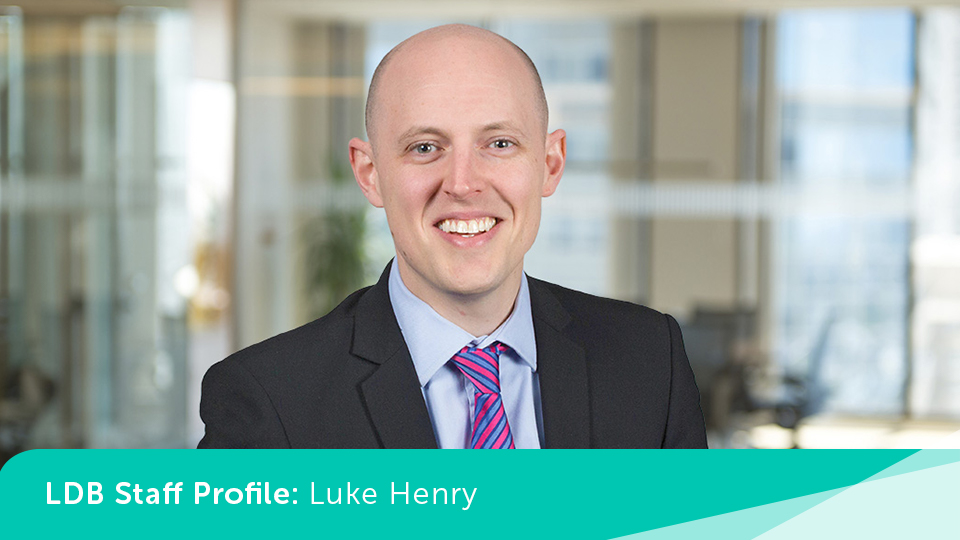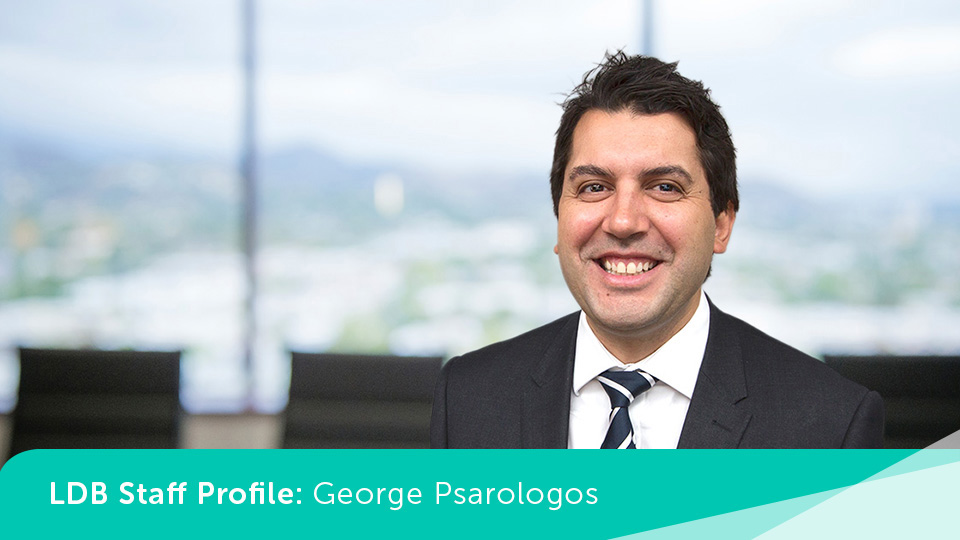October 31, 2023
Navigating Payroll Tax Liability: Implications for Medical Practices
The NSW Court of Appeal’s decision in Thomas and Naaz Pty Ltd v Chief Commissioner of State Revenue brings attention to the subject of payroll tax liability for general medical practices. This decision highlights the importance of understanding and adhering to evolving regulatory interpretation.
Core Findings
The Thomas and Naaz case brought to light the intricacies surrounding payments made to contracted practitioners by medical practices. The appeal upheld two earlier decisions in favour of the Chief Commissioner of State Revenue (NSW), confirming a broader interpretation of ‘relevant contracts’.
As a result, payments made by medical practices to healthcare practitioners are included in the total payments of wages and similar payments, which can be subject to payroll tax where they exceed the relevant payroll tax threshold.
In NSW the payroll tax threshold (applied on a yearly basis) is $1,200,000, unless specific exemptions are applicable. Where a business has a yearly payroll in excess of this threshold in NSW, payroll tax is applied at 5.45%. Other states and territories have their own thresholds and payroll tax rates.
Implications for Medical Practices – Scope far beyond NSW
Medical practices often operate under a ‘service entity’ model, with the practice collecting fees on behalf of healthcare practitioners and distributing a share after deducting a ‘service fee’.
Historically, such payments were not categorized as ‘wages’ and were exempt from payroll tax. However, following the decision in Thomas and Naaz and a Victorian Supreme Court of Appeal decision referred to as The Optical Superstore case, such arrangements are likely to attract payroll tax, barring certain exemptions.
It is important to note that the term medical practice in this context is much broader than simply a medical practice of GPs. It also includes other medical professionals such as dental clinics, physiotherapy practices, radiology centres and similar healthcare providers who contract with medical, dental and other health practitioners or their entities (practitioners) to provide patients with access to the services of practitioners.
The Importance of Compliance
This nuanced interpretation necessitates careful attention to compliance from medical practices. The assessed medical practice in the Thomas and Naaz case faced a substantial liability, inclusive of penalties and interest. With the decision of the New South Wales Court of Appeal in the Thomas and Naaz case, Revenue NSW and its counterpart bodies in Victoria and Queensland, have all released new Payroll Tax Rulings.
These new rulings advise medical practices as to how the State Revenue Offices will apply the expanded scope of payments to medical practitioners, that have been confirmed as being subject to payroll tax, in certain circumstances.
Takeaways
The intention of this article is to inform and provide context on a relevant matter affecting many in the healthcare sector. The environment is evolving, and while more developments in case law and regulatory guidance are anticipated, it is sensible for businesses to perform thorough assessments of their arrangements and address any emerging risks. Proactively addressing these concerns and evaluating available strategies is recommended. This approach is advantageous, especially when compared to reacting after an audit, which could result in penalties.
In Queensland, a very recent development has been the introduction of an amnesty. Given a potential lack of awareness of the payroll tax treatment of contractors among GPs, the Queensland Government will provide a payroll tax amnesty on payments made to contractor GPs until 30 June 2025 if certain conditions are met – including registering for participation in the amnesty by 10 November 2023. As at the time of writing of this article, Victoria and NSW have yet to announce a similar amnesty approach.
For those seeking to understand their position on the risk spectrum, and explore available options and strategies, give LDB Group a call on (03) 9872 2900.






